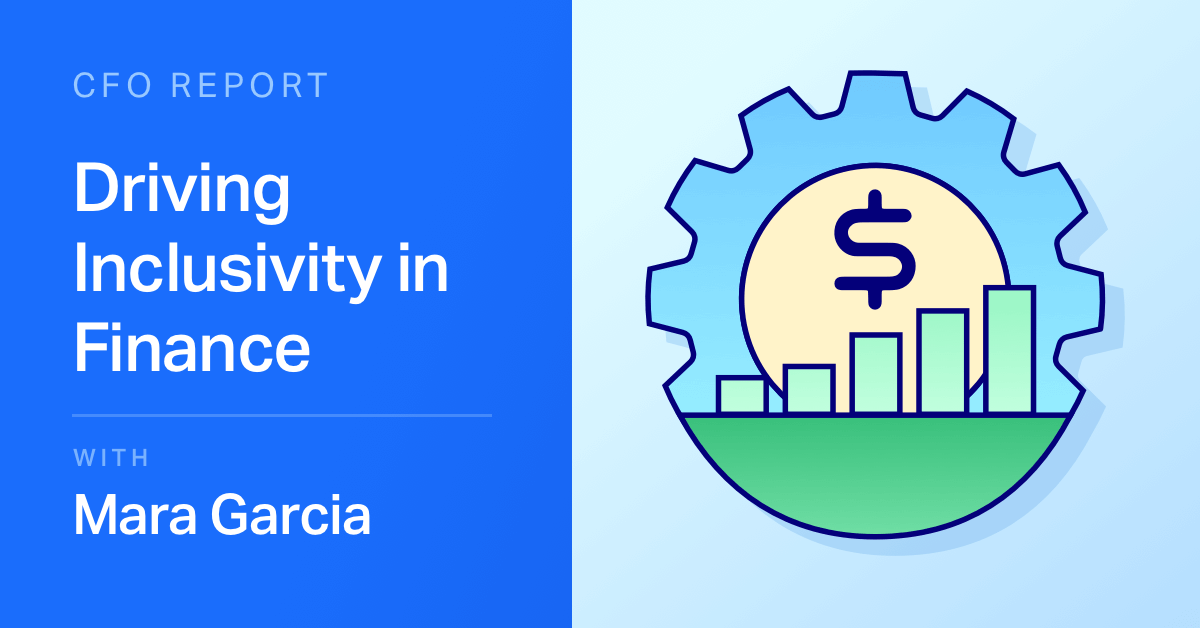Finance professionals may spend a lot of time crunching numbers. But for Michelle Ferguson, a longtime executive at S&P Global turned mentor for professional women, the most rewarding part of the job was the people.
Ferguson, now a founder member at Chief, a network focused on driving women into top roles and keeping them there, took a conventional path into accounting.
“I started college as a chemistry major, and it was just brutal,” Ferguson said. “When I was in college, there were only two kinds of majors getting jobs: the accountants and the engineers. And I decided I was less ill-suited to be an accountant.”
Ferguson landed in the audit department of what was then one of the “big eight” accounting firms. That was the equivalent of a training role, and eventually led to subsequent roles in financial analysis. But due to a change in personal circumstances, as well as college debt, the primary motivator for a period of time was simply money, she said. That ultimately had its downsides, but along the way, Ferguson discovered that working with people and leading teams was a passion.
“To this day, I would never be a solo-preneur because I just love working with teams, being with people, and developing people. So that was always the best part of the job for me,” she said.
That skill led Ferguson up through the ranks at S&P Global, where she held various roles spanning real estate services, operations and strategy. She also founded and led S&P Global’s first women’s resource group, which included a highly-rated mentoring program and a leadership conference that expanded globally.
Finance “is a good basis for doing anything in business,” Ferguson said. Strong people skills made the difference in bringing critical and difficult projects to fruition, even on very short timelines.
“I led a fast-paced outsourcing of finance, accounting, and HR -- as in, we issued an RFP on December 23rd, and went live on July 1,” she recalled. That would be a quick timeline even under normal circumstances, but the added challenge was that positions were set to be eliminated as part of the transition, which meant that Ferguson had to both keep team members motivated and lend support to affected employees in a process that involved 400 people of various job levels.
“The regular rules of engagement might not have gotten us to where we needed to be, so I ended up having to be even more concerned with the development and support of my team,” Ferguson said. “It went against my finance training; you’re supposed to care about return on investment, and I knew these people would be leaving. So I probably did more coaching, talking and job search help then than I ever did.”
“People deserve to know the truth and they deserve to hear it from their own boss, not out on the street or someplace else,” Ferguson added.
For emerging finance professionals, there’s a potential silver lining to the remote work that comes with the current pandemic.
One is the embrace of software -- a necessity in the remote work era, but a move that can also reduce repetitive tasks “that were going away anyway,” Ferguson said. That also has the effect of giving finance professionals the chance to manage differently, and to develop their interpersonal communication skills beyond just “speaking in numbers,” she added. Those skills can make a world of difference in where your career takes you.
That’s particularly relevant for women in the profession, who may have a tendency to focus more on people around them, even if to their own detriment.
Another formative question every aspiring leader should ask themselves, according to Ferguson, is “why.”
“It’s not just finance, and not even leadership,” she added. “At some point if you don’t know why you get up in the morning. It's hard to get through everything else.”






